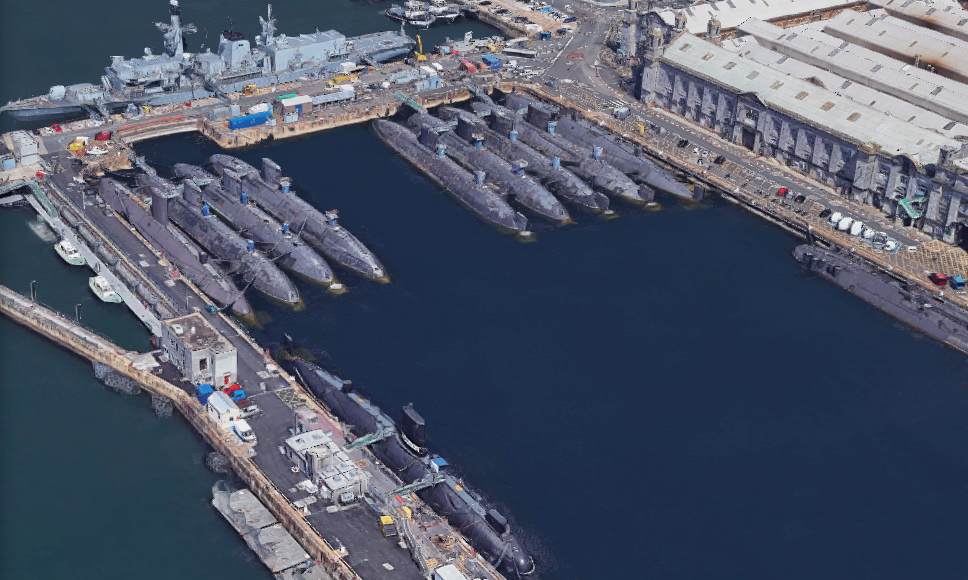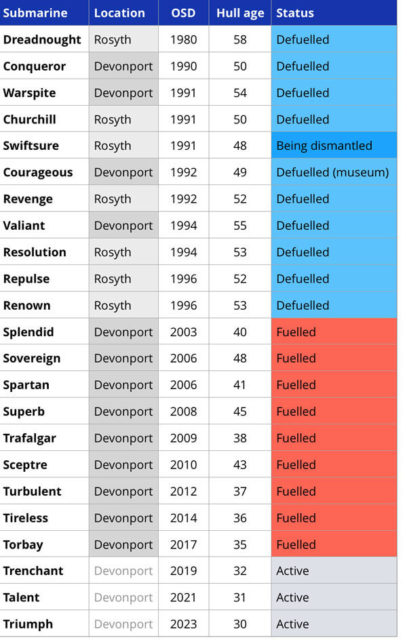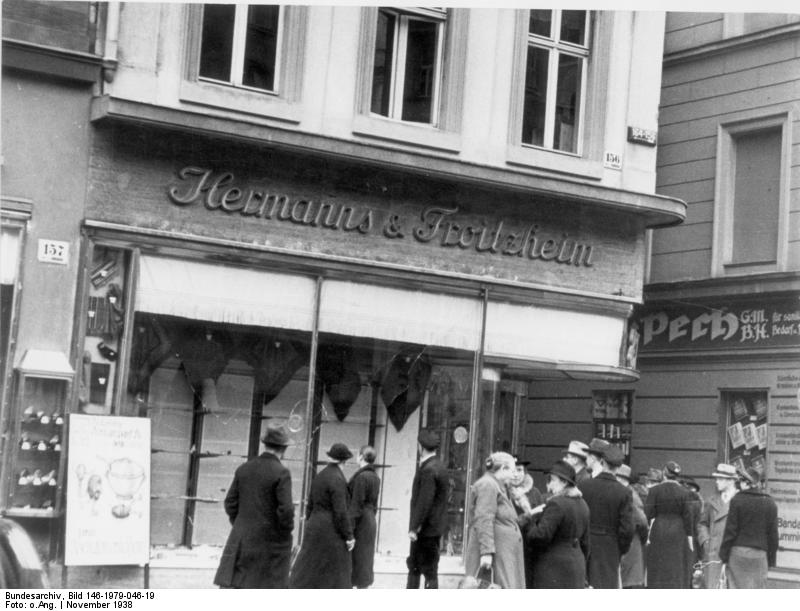Apparently, based on current MoD practice, you leave them sitting around for decades, until you have more decommissioned boats in storage than the RN has in commission:
There are currently 20 former Royal Navy nuclear submarines awaiting disposal in Rosyth and Devonport. They do not represent a great hazard but maintaining them safely while they await dismantling is a growing drain on the defence budget. Nuclear submarines are arguably Britain’s most important defence assets but the failure to promptly deal with their legacy has been a national scandal. Although there has been discussion and consultation going back years, only recently has there been action to actually start the disposal process.
Status of Royal Navy submarine disposal in early 2018.
OSD – Out of Service Date. Hull age – years since hull laid down.
Plans for the safe and timely disposal of nuclear submarines should have been drawn up as far back as the 1970s but successive governments have avoided difficult decisions and handed the problem on to their successors. RN submarines were designed so the Reactor Pressure Vessel could be removed from the hull. Other nations cut the entire reactor compartment out of the submarine and transport it to land storage facilities. The US has successfully disposed of over 130 nuclear ships and submarines since the 1980s. The Russians have disposed of over 190 Soviet-era boats (with some international assistance) since the 1990s while France has already disposed of 3 boats from their much smaller numbers.The first Royal Navy nuclear submarine, HMS Dreadnought decommissioned in 1980, has now been tied up in Rosyth awaiting disposal longer than she was in active service.
As any householder knows, It is sensible practice to dispose of your worn out items before you replace them with new ones.
The capacity to store more boats at Devonport is limited, every further delay adds to cost that will have to come from a defence budget that is much smaller in real terms than when the boats were conceived at the height of the Cold War. Apart from the attraction of deferring costs in the short-term, a major cause of delay has been the selection of a land storage site for the radioactive waste. It has also taken time to develop a method and ready the facilities needed to undertake the dismantling project.
Afloat storage
While awaiting dismantling, decommissioned submarines are stored afloat in a non-tidal basin in the dockyard [as seen in the image at the top of this post]. Classified equipment, stores and flammable materials are removed together with rudders, hydroplanes and propellers while the hull is given treatments to help preserve its life. The 7 submarines in Rosyth have all had their nuclear fuel rods removed but of the 13 in Devonport, 9 are still fuelled. This is because in 2003 the facilities for de-fuelling were deemed no longer safe enough to meet modern regulation standards and the process was halted. Submarines that have not had their fuel rods removed have the reactor primary circuit chemically treated to guarantee it remains inert and additional radiation monitoring equipment is fitted.
More than £16m was spent between 2010-15 just to maintain these old hulks alongside, and costs are rising. Apart from regular monitoring, the hulks need to be hauled out of the basin for occasional dry docking for inspection and repainting to protect the hull from corrosion. All this effort and expense is a drain on precious resources for no direct gain. Responsible care of the growing number of hulls means they pose little risk to the local population, but a tiny risk does remain. This makes some people living nearby uneasy and provides another grievance for those ideologically opposed to nuclear submarines and Trident.






